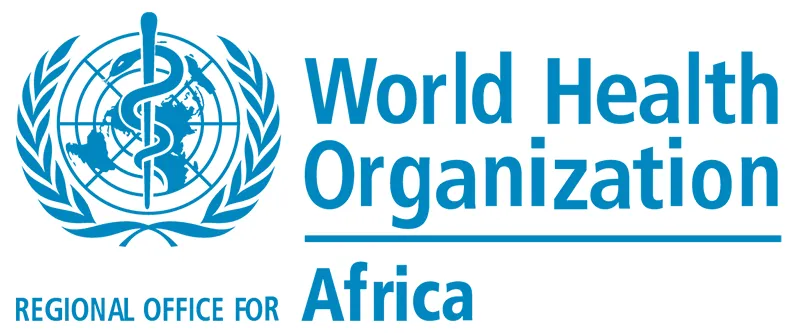
Rwanda's Remarkable Fight Against the Marburg Virus: A Model of Unity and Resilience
2025-04-28
Author: Sarah
A Historic Outbreak Shakes Rwanda
In September 2024, Rwanda faced a daunting challenge with its first-ever outbreak of Marburg Virus Disease, a highly deadly illness with fatality rates between 24% and 88%. The outbreak was officially announced on September 27, after health officials investigated a mysterious cluster of illnesses and deaths in Kigali, placing enormous strain on the healthcare system.
Strategic Partnerships at Work
Rwanda's response, spearheaded by the Ministry of Health, showcased phenomenal coordination and rapid action, bolstered by support from both local and international partners. The collaborative synergy among the World Health Organization (WHO), the European Union Humanitarian Aid (ECHO), and the UK's Foreign, Commonwealth and Development Office (FCDO) laid the groundwork for a swift response, mobilizing expert teams and critical supplies within days.
WHO took charge in providing essential technical assistance, including personal protective equipment, laboratory testing kits, and logistical support, all while bolstering coordination with national authorities to enhance outbreak response and risk communication.
Expert Help on the Ground
In response to the crisis, WHO dispatched a team of distinguished technical experts to fortify Rwanda's response in areas like clinical management, infection prevention, and community engagement. Notably, 39 seasoned professionals from Liberia, Sierra Leone, and Uganda joined forces with local teams, boosting capacity during a critical phase when local healthcare workers were overwhelmed.
This strategic South-to-South collaboration not only filled vital gaps in human resources but also demonstrated the effectiveness of regional support in crisis management.
Investing in Training and Preparedness
Thanks to ECHO, FCDO, and WHO’s backing, the Ministry of Health initiated extensive training for healthcare workers across various levels, from specialized hospitals to community centers. This training focused on vital areas such as early detection and safe patient handling, updating operational guidelines to ensure a unified approach to addressing the outbreak.
A Model for the Future
Rwanda's effective management of the Marburg outbreak, with a remarkably low case fatality rate of 22.7%, stands as a testament to the strength of strategic partnerships. This collaborative effort not only turned a potential disaster into a controlled response but also highlighted the importance of investing in health security and resilience.
As Rwanda leverages the lessons learned from this experience, it sets a powerful example for future collective actions against infectious disease threats across Africa and beyond.



 Brasil (PT)
Brasil (PT)
 Canada (EN)
Canada (EN)
 Chile (ES)
Chile (ES)
 Česko (CS)
Česko (CS)
 대한민국 (KO)
대한민국 (KO)
 España (ES)
España (ES)
 France (FR)
France (FR)
 Hong Kong (EN)
Hong Kong (EN)
 Italia (IT)
Italia (IT)
 日本 (JA)
日本 (JA)
 Magyarország (HU)
Magyarország (HU)
 Norge (NO)
Norge (NO)
 Polska (PL)
Polska (PL)
 Schweiz (DE)
Schweiz (DE)
 Singapore (EN)
Singapore (EN)
 Sverige (SV)
Sverige (SV)
 Suomi (FI)
Suomi (FI)
 Türkiye (TR)
Türkiye (TR)
 الإمارات العربية المتحدة (AR)
الإمارات العربية المتحدة (AR)